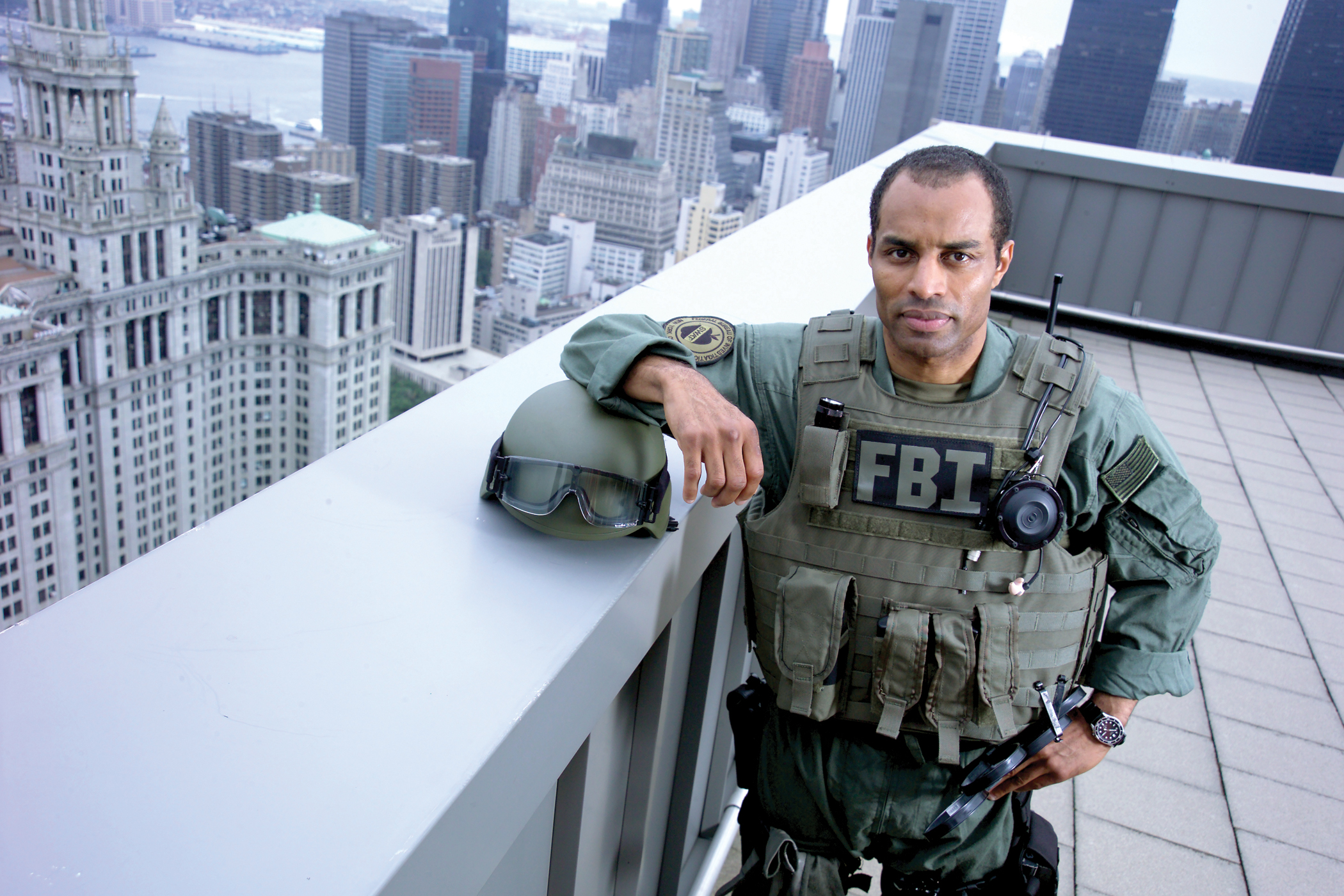
In a highly unusual decision, a judge has ruled that the FBI must turn over documents containing the identities of confidential informants. The case pertains to the FBI’s investigation of activists and a photo journalist who were on the scene of an IMF protest in Washington in April 2008. At 2:30 one morning during week of the meetings, activists vandalized a hotel lobby where IMF delegates were staying. Laura Sennett, a photo journalist, was outside the hotel and took pictures of the actions. Sennett says she had no prior knowledge of the activists’ intent to throw paint inside the hotel lobby. Nonetheless, the FBI pursued her.
After confidential informants working for the FBI identified Sennett in surveillance camera footage from the hotel, agents monitored her. Ultimately, the Bureau raided "her home with two-dozen armed law enforcement officials, who seized memory cards, hard drives and computer and camera equipment," according to the Guardian.
Sennett subsequently filed a FOIA request with the FBI to find out why her home had been raided. She has thus far received more than one thousand pages from the Bureau, but was denied access to specific records containing information about the confidential informants. Now, in an extremely rare decision, a judge has ruled that the Bureau release those records in full.
FBI harassment of activists: Hoover lives
The government’s investigation and persecution of the photo journalist fits within a long tradition of government surveillance and harassment of political activists and their associates. While no one was hurt in the action inside the hotel lobby, and there have been no formal allegations of terrorist activity, the FBI’s "counter-terrorism" unit is behind the operations.
Unsurprisingly, the Joint Terrorism Task Force (JTTF) official in charge of the raid on Sennett’s home appears to have some issues with political activists on the left. The Guardian reports:
Detective Vincent Antignano, the federal marshall deputised to run the FBI's investigation into the protest, said in a deposition conducted by Sennett’s legal team he believed Sennett was “like-minded like anarchists”, because she was among the 16 people captured on the hotel’s surveillance video.
“Everyone on that video is a suspect, so that’s the way I look at it,” he said, adding that he assumed she had similar views to the protesters captured in the video “who despise their government”.
Asked to elaborate, Antignano said that while he did not know Sennett’s dietary preference, “she could also be a vegan like … [people] who are against animal protests [sic] or animal research or won’t eat meat and stuff like that.”
Antignano had a broad notion of what behaviour constituted “terrorism”, saying that even an assault could fall within the definition.
“If you get assaulted and you believe you’ve been terrorised, then maybe that is terrorism,” he told Sennett’s lawyer.
The deposition was part of a separate case, in which Sennett's lawyers sued the FBI for damages they said Sennett suffered as part of the raid on her home, which was led by Antignano.
Sennett said the raid was traumatising. Around two-dozen agents “yanked my 19-year-old son out of bed at gunpoint”, she said, before quizzing her about political books on her shelf and asking what “kind of an American” she was.
Sennet said she replied: “I’m a photographer.”
In 2008, the FBI changed the rules governing its investigations, allowing agents to monitor people absent any factual predicate or suspicion of illegal activity. The change has blown the door open to a 21st century COINTELPRO, allowing the FBI to harass people like Laura Sennett, who are never charged with a crime or even accused of violating any law. As the JTTF official behind the raid on her home observed, however, Sennett very well might be a vegetarian.
J. Edgar Hoover may be dead, but his legacy lives on.
